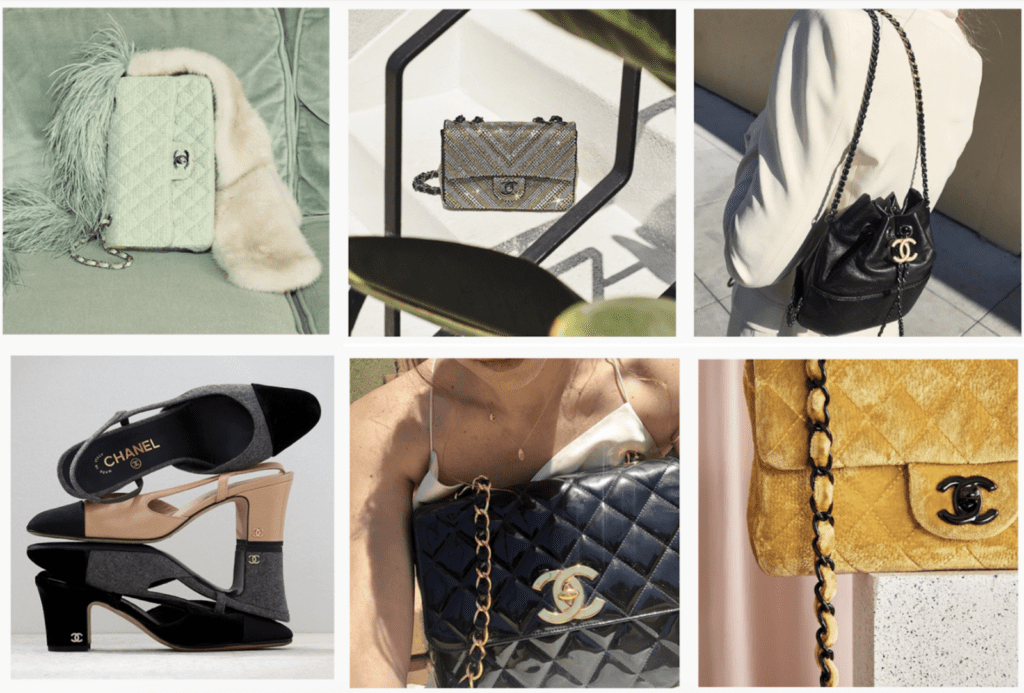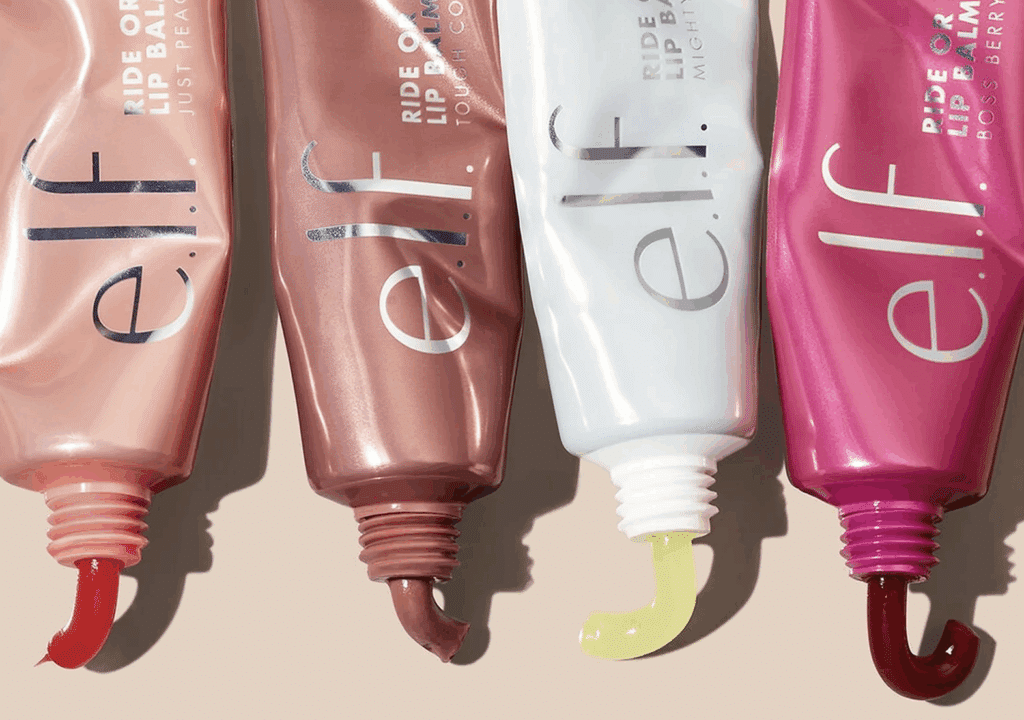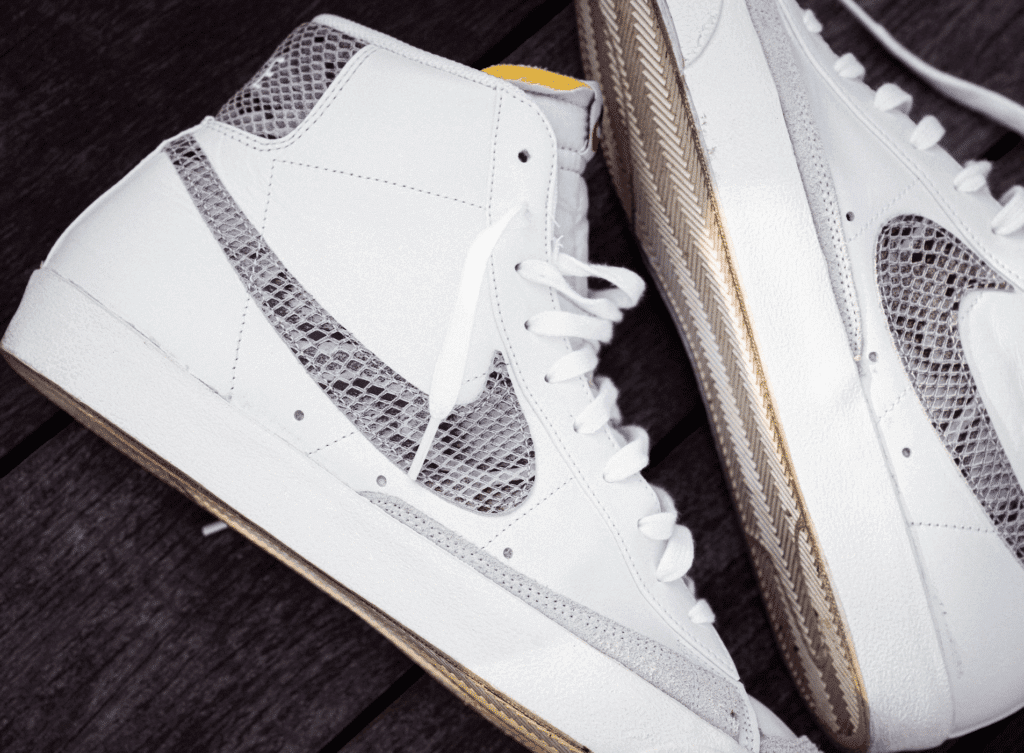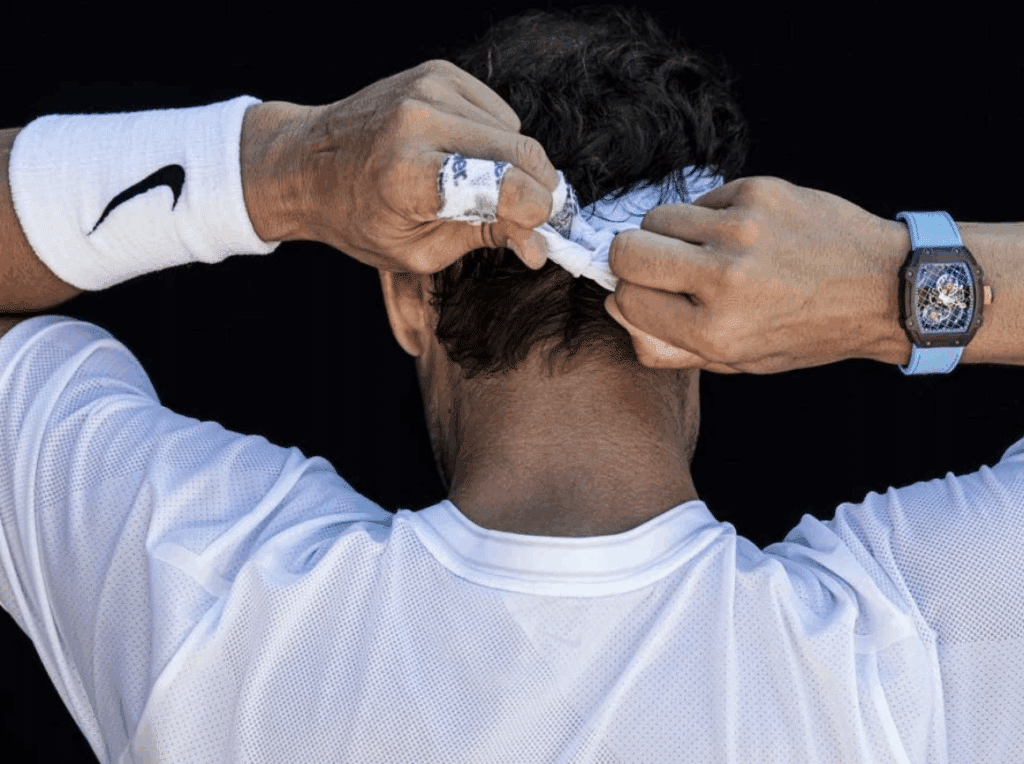Chanel and The RealReal are looking to resolve the case that has pitted them against one another since 2018. In a joint motion and stipulation to stay that they submitted to the U.S. District Court for the Southern District of New York Thursday, Chanel and The RealReal asked the court to put the case on hold, as they “wish to mediate in an attempt to resolve the claims in this matter” and have specifically scheduled dates for mediation to be conducted in the first two weeks of September. Among other things, a stay would “promote economy of time, effort, and resources of the court and the parties, and permit the parties to focus their efforts on the mediation in the aim of reaching a successful result.” SDNY Judge Gabriel Gorenstein signed off on the stipulation and order on Thursday.
Giving a bit of background in their since-approved bid for a temporary hiatus, which was first reported by TFL, Chanel and The RealReal (“TRR”) stated that they “previously conducted a mediation in September 2021 to resolve the issues in this matter, which was ultimately unsuccessful.” Since that time, discovery in the case has progressed – complete with clashes, namely centering on the anti-competition counterclaims that TRR lodged against Chanel in 2021 – and “the case has evolved such that the parties [have] agreed that it is sensible to now conduct another mediation to attempt to amicably resolve this matter.”
Specifically, the parties told the New York federal court that a stay pending mediation would save them “the expense of, at minimum, further discovery, raising and litigating outstanding discovery issues, conducting fact depositions, and conducting expert discovery, in addition to preparing dispositive motions and responses and preparing for trial – all of which would be rendered moot by a successful mediation.” More than that, “A stay under the current circumstances would also promote judicial efficiency and appropriately marshal judicial resources of the court,” they stated, noting that “the proposed stay would not preclude any mutually-agreed-upon discovery produced by the Parties prior to or in connection with the mediation.”
The now-in-effect stay in proceedings comes almost five years after Chanel first filed its trademark infringement, counterfeiting, and false advertising lawsuit against TRR, accusing the luxury resale giant of engaging in “improper business practices” by “represent[ing] to consumers that it ‘ensure[s] that every item on TRR is 100% the real thing, thanks to our dedicated team of authentication experts,’” and then offering up and selling “at least 7” counterfeit Chanel products. Chanel also took issue with TRR’s “advertising and marketing practices,” claiming that the reseller “has attempted to deceive consumers into falsely believing that [it] has some kind of approval from or an association or affiliation with Chanel” when no such association exists.
San Francisco-based TRR pushed back against Chanel’s trademark claims, and characterized the lawsuit as “nothing more than a thinly-veiled effort to stop consumers from reselling their authentic used goods, and to prevent customers from buying those goods at discounted prices.” In handful of counterclaims that it lodged against Chanel, TRR alleged that the luxury brand has engaged in violations of engaging in an “aggressive campaign” of “exclusionary and anticompetitive conduct” aimed at “monopoliz[ing] the market” – and thus, the supply and price of its goods, both new and pre-owned – to the detriment of its competitors and consumers, alike.
In particular, TRR argued that Chanel has tried to illegally “stymie competition” that comes from resellers – which “threaten the very core of its business model, [one that] is premised on a limited supply and few access points for consumers” – by entering into “exclusive contracts with high-end retailers,” and anticompetitive deals with publications like WWD, New York Magazine, the New York Times, and Vogue. Additionally, it claimed that Chanel has been taking legal action against a number of resellers, including but not limited to itself, in order to maintain its grip on the market. Yet, Chanel has failed to file suit against Farfetch for offering up pre-owned Chanel products in a similar manner because Chanel made a “significant” investment in the e-commerce platform in February 2018, which further serves as an anticompetitive tactic, per TRR.
Not the only case like this on its plate, Chanel filed suit a similar lawsuit that it waged against reseller What Goes Around Comes Around in a New York federal court in March 2018. That case is also still underway.
The case is Chanel, Inc., v. The RealReal, Inc., 1:18-cv-10626 (SDNY).














